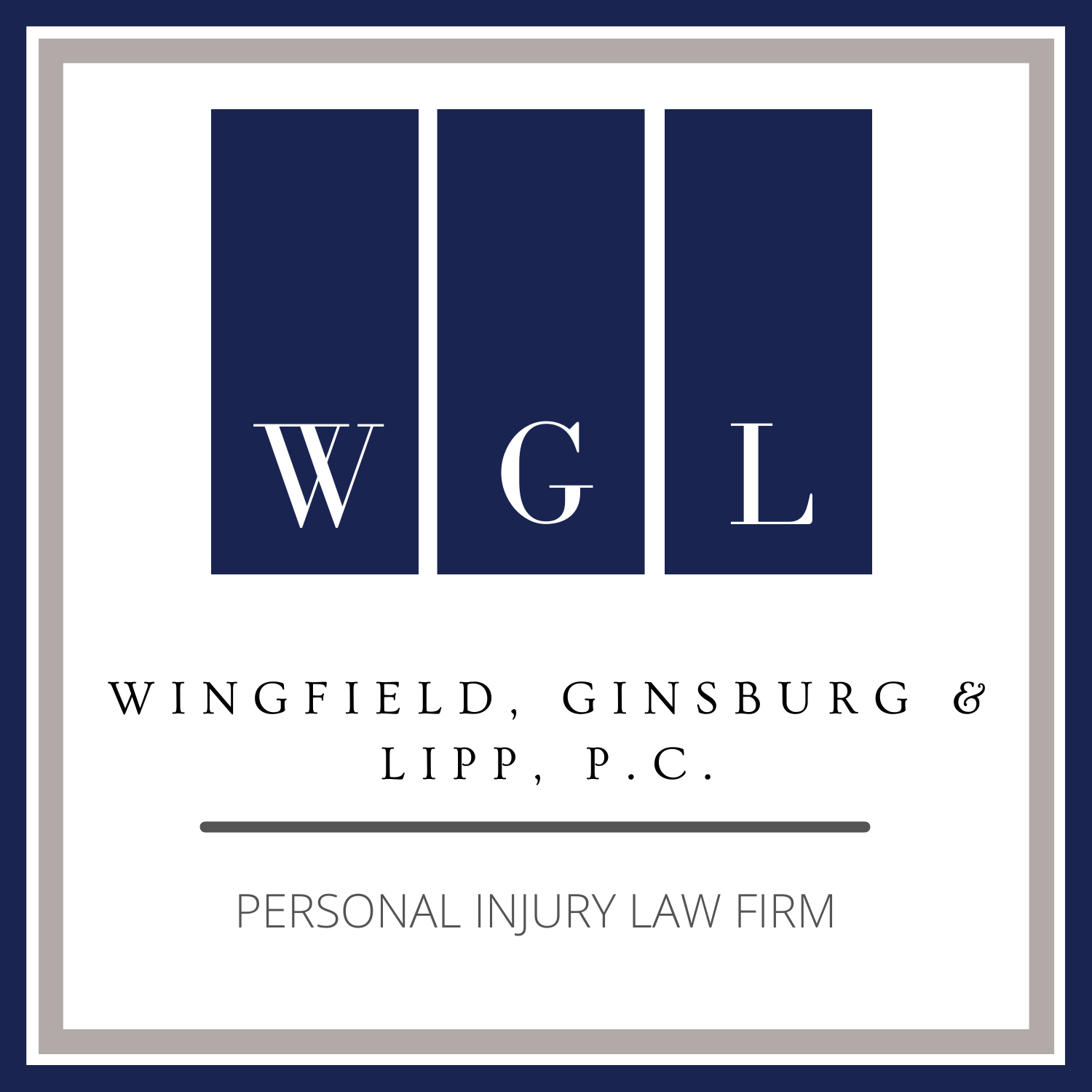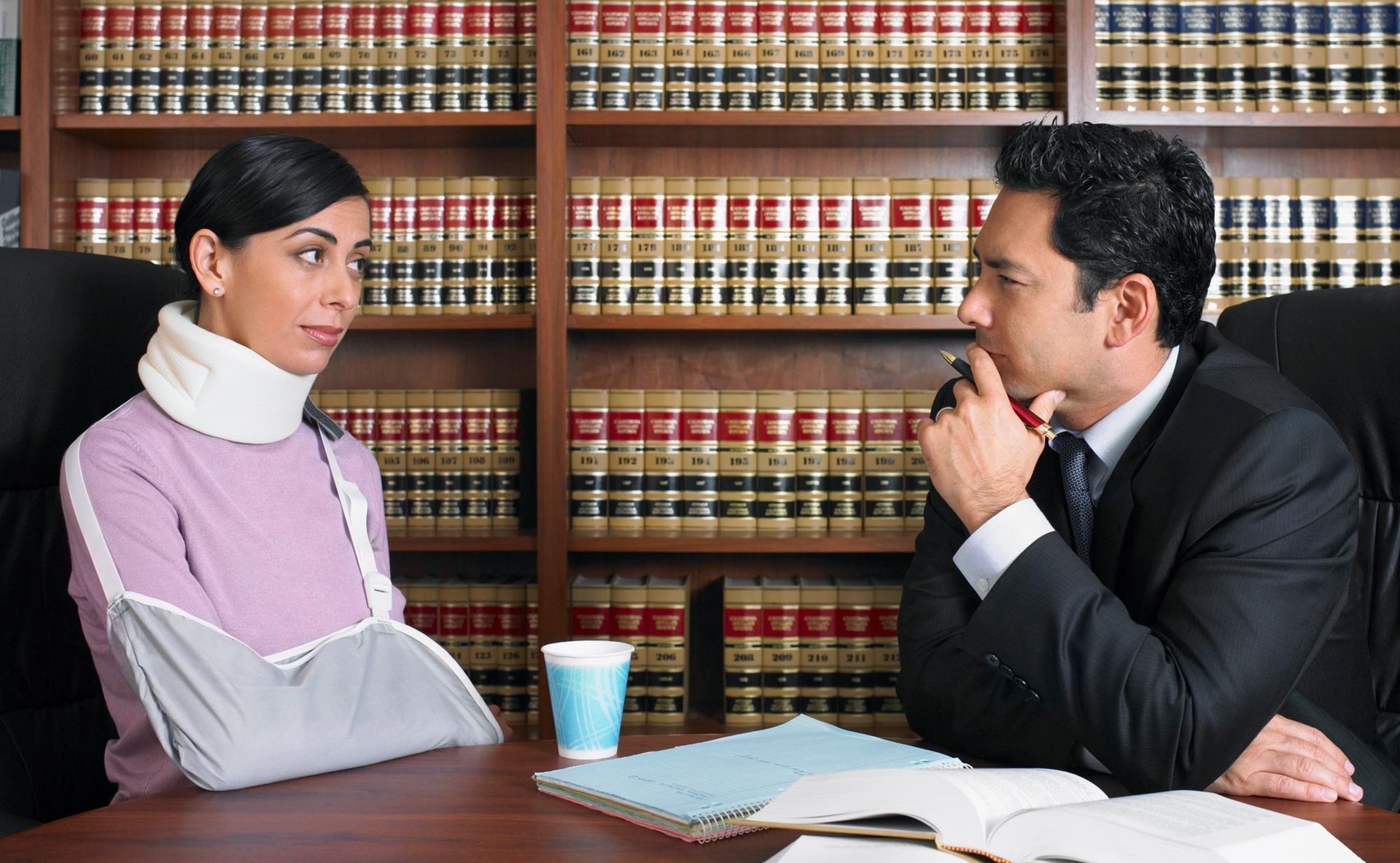Toll Free
Call Us Today
Most Common Vehicle Accident Injuries

Injuries sustained after car crashes are as varied as the circumstances leading to each collision. However, some types of injuries are more common than others. Here is a brief list of some of the most common vehicle accident injuries.
1. Whiplash
One of the most common types of car accident injuries is whiplash. During an accident, you experience whiplash when your head jerks forward and backward. This movement can damage the muscles, tendons, and ligaments in the neck.
The main symptoms of whiplash include:
- Neck Pain or Stiffness
- Limited Range of Motion in Your Neck
- Dizziness
- Headaches
You will most likely sustain whiplash after a rear-end collision or an accident involving cars traveling at higher speeds. Additionally, if your head is far from the headrest when an accident occurs, you are more likely to suffer from whiplash because there is more room for your head to whip backward.
2. Spinal Cord Injury
Spinal cord injuries after a car accident can lead to paralysis or even death. You may be considered to have sustained a spinal cord injury if a bruised or torn spine was caused by the accident.
Some spinal cord injuries associated with car accidents include paraplegia and quadriplegia. Paraplegia involves the paralysis of your legs and lower body. You may experience this condition due to damage to the spinal cord in your lower back. Moreover, poor circulation can cause blood clots leading to severe conditions like pulmonary embolism.
On the other hand, quadriplegia involves the paralysis of both your arms and legs. You may suffer from this condition because of injuries to the neck's spinal cord.
3. Concussion
Many people believe you must hit your head to suffer from a concussion. Similar to a whiplash injury, a concussion can also arise when the force of the car accident moves your head back and forth. A concussion is a mild traumatic brain injury because the sudden movement of your head and neck can cause the brain to move around.
Consequently, this damages the brain cells and interrupts the flow of information from the brain to the rest of your body. Because of this, some concussion symptoms include dizziness, headache, and temporary loss of consciousness.
Moreover, you may feel intense pressure on your head and have difficulty focusing. Since concussion symptoms can also come long after the accident, however, you should seek treatment immediately after a car crash for early diagnosis and treatment.
4. Herniated Disc
The strong impact of a car accident can strain your spinal column causing a disc to slip out of place. Discs separate the vertebrae in your backbone; therefore, if one or multiple discs move out of position, you will suffer from a herniated disc.
The main symptoms of a herniated disc include pain in the affected area and temporarily restricted movement. A herniated disc caused by a car accident primarily affects the lower back. If you don't address this problem immediately, you may suffer from conditions like sciatica, leg numbness, and weak back muscles. Also, a herniated disc can lead to spinal degeneration.
5. Chest Injuries
The impact of a car accident can damage the chest wall, heart, lungs, and significant blood vessels. Drivers experience chest injuries when their chest slams against the steering wheel or dashboard.
Some chest injuries arising during a car accident include cardiac contusion and rib fracture. Cardiac contusion bruises the heart, which may induce low blood pressure, irregular heartbeats, and potentially cardiac arrest. On the other hand, fractured ribs are life-threatening if they puncture critical organs like the lungs.
If you sustain injuries after a car accident, you should file a personal injury claim against the liable party. With years of experience in personal injury law, Wingfield, Ginsburg & Lipp, P.C., can help you receive a fair damage award. Contact us today to help you file a lawsuit.
Contact Information
Address:
700 5th St. NW Suite 300, Washington D.C. 20001
Phone: 202-789-8000
Toll Free: 800-584-4165
Fax: 202-371-1825
Quick Links



